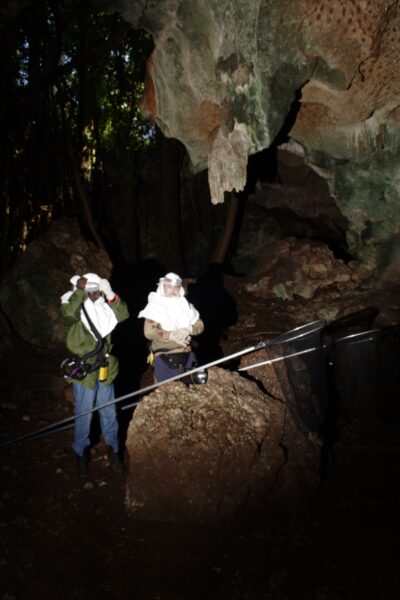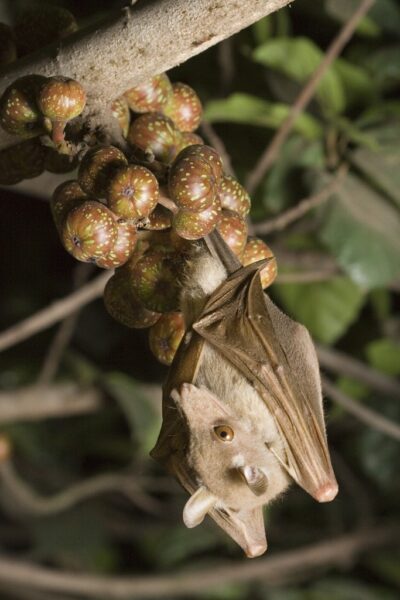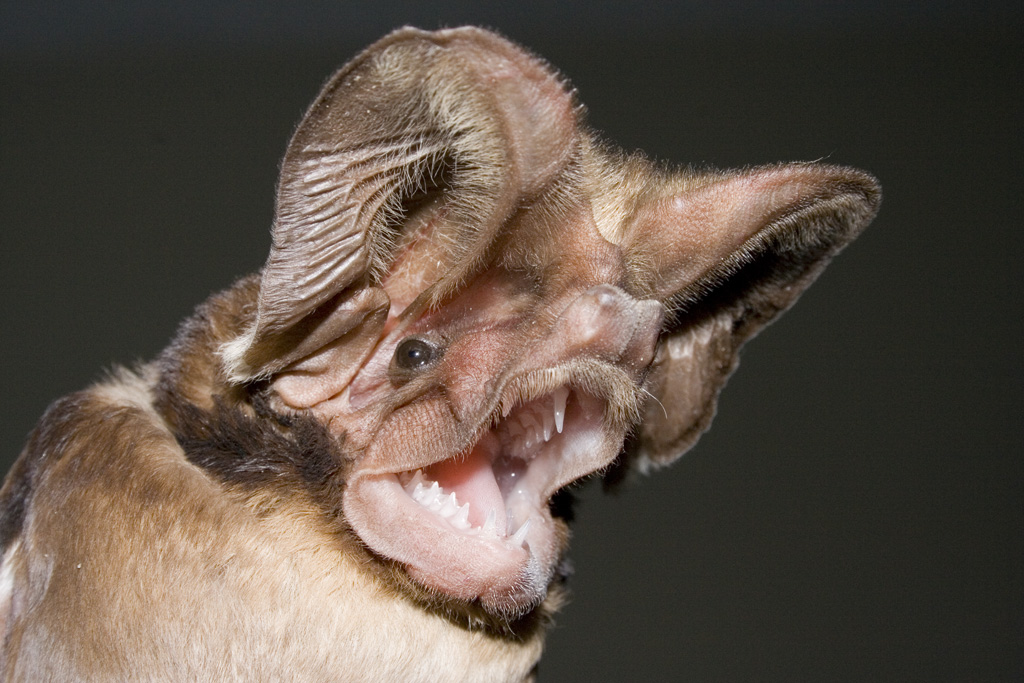JRS is pleased to support a new grant with National Museums of Kenya : Illuminating Understudied Caves to Highlight Plant Pollination and Seed Dispersal Services by Bats.
Cave bats are keystone species that serve as seed dispersal and pollination agents for plant communities at the larger landscape scale. Cave-dependent insectivorous bats consume thousands of crop pest invertebrates and play a critical role as natural pest control agents across the agro-landscape. Over the next 15 months, Project Director Dr. Bernard Agwanda will lead field surveys to undertake a comprehensive bat inventory in two types of caves (coastal caves and lava tube caves) with the ultimate goal of using scientific data to lobby for formal protection of caves through existing policy and legal instruments held by the National Museums of Kenya (NMK). Additionally, one of the project’s locations on Mt. Elgon is a transboundary landscape that will allow the research team to invite Ugandan colleagues to learn, work together and create opportunities to expand biodiversity data collection into Uganda since the cave network extends to include both Kenyan and Ugandan sides of the mountain.

JRS has successfully partnered with National Museums of Kenya (NMK) to implement three recent grants: most recently in 2019 Assessment of Lepidoptera Pollinator Species Diversity in East Africa (2019) ; 2018 Developing a Freshwater Biodiversity Information System for the Tana River Basin, Kenya, for Improved Ecosystem Management and Development Planning and 2016 Assessment of Lepidoptera Pollinator Species Diversity in East Africa.
Read more about Dr. Agwanda’s 2024 grant Illuminating Understudied Caves to Highlight Plant Pollination and Seed Dispersal Services by Bats here.



